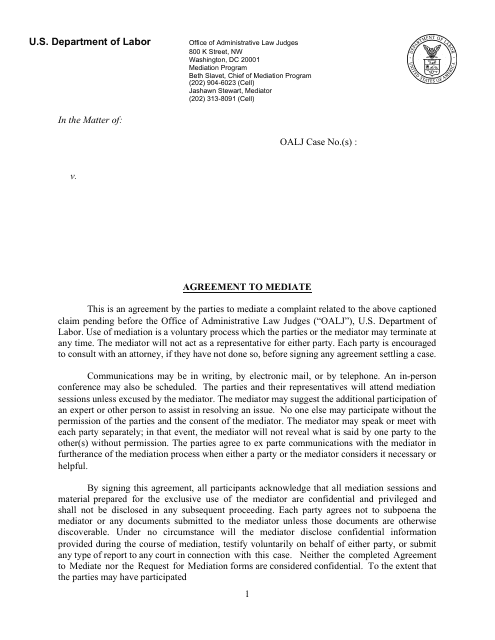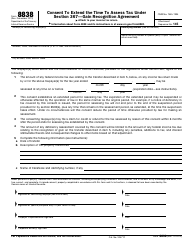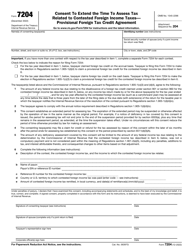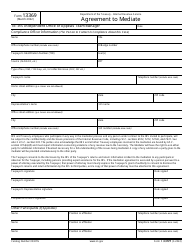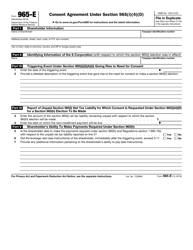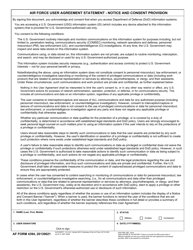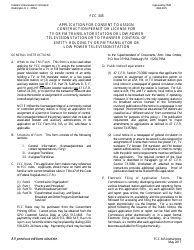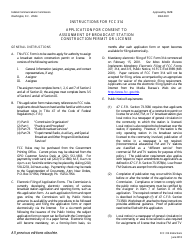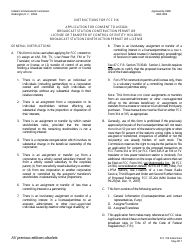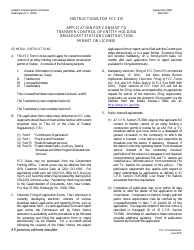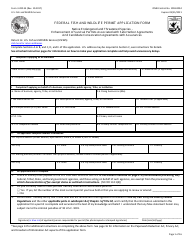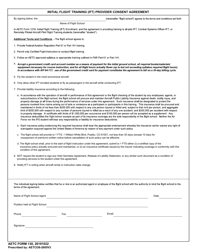Agreement to Mediate
Agreement to Mediate is a 3-page legal document that was released by the U.S. Department of Labor - Office of Administrative Law Judges on June 21, 2021 and used nation-wide.
FAQ
Q: What is an Agreement to Mediate?
A: An Agreement to Mediate is a contract between parties who wish to resolve their disputes through mediation.
Q: What is mediation?
A: Mediation is a voluntary process in which a neutral third party, called a mediator, helps parties in a dispute reach a mutually acceptable resolution.
Q: Why would parties choose to use mediation?
A: Parties may choose mediation because it is confidential, flexible, cost-effective, and allows them to have more control over the outcome of their dispute.
Q: What does an Agreement to Mediate usually include?
A: An Agreement to Mediate typically includes the names of the parties involved, the issues to be mediated, the appointment of a mediator, the mediation process, and the confidentiality and costs associated with mediation.
Q: Is an Agreement to Mediate legally binding?
A: An Agreement to Mediate itself is not legally binding, but it is a legally enforceable contract that outlines the parties' commitment to participate in mediation and follow its process.
Q: Can an Agreement to Mediate be revoked?
A: An Agreement to Mediate can be revoked by mutual agreement of the parties or by following the revocation provisions specified in the agreement.
Q: What happens if one party refuses to mediate after signing an Agreement to Mediate?
A: If one party refuses to mediate after signing an Agreement to Mediate, the other party may seek legal remedies such as filing a lawsuit or requesting court-ordered mediation.
Q: Is it necessary to have a lawyer to draft an Agreement to Mediate?
A: While not required, it is recommended to consult with a lawyer to ensure that the Agreement to Mediate accurately reflects the parties' intentions and protects their legal rights.
Q: Can an Agreement to Mediate be used in court?
A: An Agreement to Mediate may be used in court as evidence of the parties' agreement to participate in mediation, but it does not guarantee that the court will order mediation.
Q: What happens if parties reach a resolution through mediation?
A: If parties reach a resolution through mediation, they can document their agreement in writing and, if desired, seek court approval to make it legally binding.
Form Details:
- The latest edition currently provided by the U.S. Department of Labor - Office of Administrative Law Judges;
- Ready to use and print;
- Easy to customize;
- Compatible with most PDF-viewing applications;
- Fill out the form in our online filing application.
Download a fillable version of the form by clicking the link below or browse more legal forms and templates provided by the issuing department.
